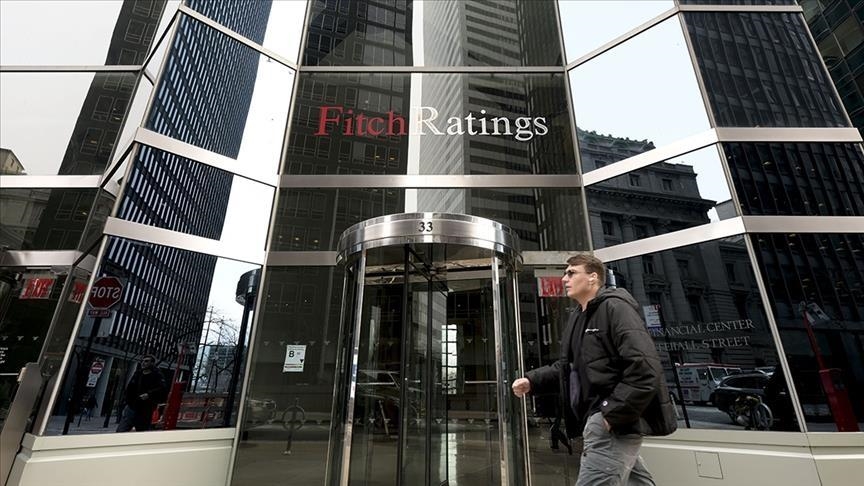ISTANBUL
Fitch Ratings said Thursday that tariff rates announced by the US on Wednesday raised the country’s import penalties to their highest since 1909.
The international credit rating agency noted in a statement that a minimum 10% tariff and higher tariff rates were introduced for 57 US trading partners, and pointed out that the “Liberation Day” tariffs sharply exceeded rates assumed in the “Global Economic Outlook” report published last month.
“The country-specific rates allow for the exclusion of sectors where product-specific tariffs remain under discussion, for example for semiconductors, pharmaceuticals, copper and lumber,” it said.
It noted that the growth of the US economy in 2025 will be slower than the 1.7% projected in March due to higher-than-expected tariffs.
Fitch pointed out that consumer confidence indicators in the US weakened sharply due to the volatility in the stock market, and the growth in consumer spending slowed in the first two months of the year.
The tariff hikes will cause consumer prices to rise and corporate profits to fall in the US.
“Higher prices will squeeze real wages, weighing on consumer spending, while lower profits and policy uncertainty will act as a drag on business investment. Upward pressure on goods prices from tariffs – in the context of a recent large jump in US households’ medium-term inflation expectations – means the Fed is likely to become more cautious about further rate cuts in the near term,” it said.
“We expect these effects will likely outweigh the benefits US companies might gain from increased protection against foreign competition,” it added.
Growth prospects for the rest of the world have also deteriorated, especially in Asia, the statement said, drawing attention to trade war risks.
“Conversely, the strong possibility of retaliation by key trade partners raises the risk of further escalation, with the US potentially raising tariff rates even further on countries that take retaliatory trade action,” said the statement, noting that governments may have room to negotiate better bilateral tariff deals with the US over time.

